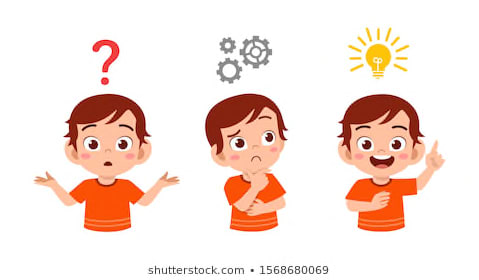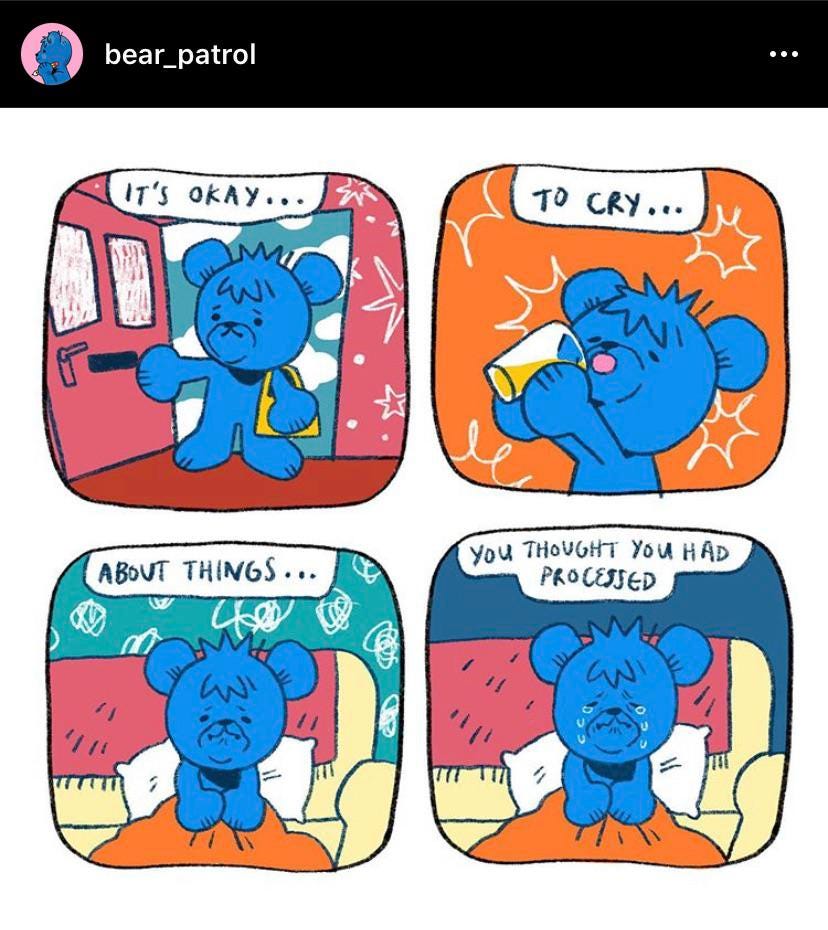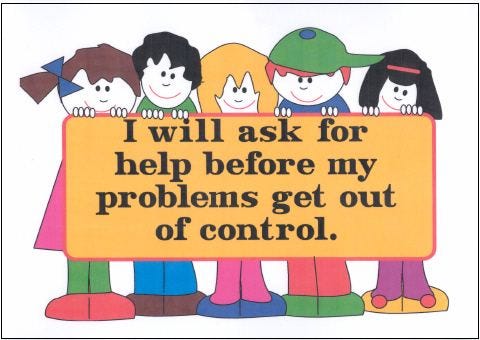Anu is solving a math problem. She has been trying for the past one hour. Suddenly, she scribbles her notebook and starts screaming, "I’m bad at math. I can’t do this!”
The emotion Anu is feeling is called frustration. She is feeling stuck and is unable to move out from it.
What is going on in Anu’s mind?
While she is saying the above things, what she is really thinking is this:
I’m frustrated.
I feel bad that I made a mistake.
I’m scared I won’t be able to figure this out.
In short, the frustration has resulted in a power struggle and inferiority complex.
Isn’t it the same as anger?
Anger is a result of a threat. However, frustration happens when children are unable to do something. Simply stated It’s a feeling of being “stuck”. Frustration can lead to anger and not the other way around.
What else can frustration look like?
In some cases, it is difficult to pinpoint frustration. A child may say the following things continuously:
Nobody wants to play with me. I don’t know why.
No matter how hard I try, I can’t do math
I can’t do this.
Or do the following things:
Resist trying new tasks
Be constantly irritated
Become passive aggressive
What can it lead to?
Children may find it hard to focus on things, as they carry frustration of one task to another.
If not managed, it can lead to loss of sleep and appetite.
Ongoing frustration can also lead to anger outbursts or tantrums.
So, How can we help children deal with frustration?
Acknowledge and talk- The first step is to help the child name the emotion. Doing so removes uncertainty and helps the child normalize the feeling. When a child says I can’t do this. Instead of replying “You got this, go for it!” say “but….” and talk about the times they have been able to do the same. This cuts down the negative self-talk and encourages a child to find positive evidence.
Declutter- Take a blank piece of paper and just start writing. Don't think, start writing whatever thoughts are coming into your mind. After 25 minutes, keep the paper away. Don't re-read this. Sometimes our brains are filled with so many thoughts that it becomes overloaded and leads to frustration. Decluttering as the name suggests helps the brain unload. If the child is too young to write, encourage drawing or scribbling.
Crying it out- Crying literally helps in dealing with frustration. Holding our tears back isn't something to be proud of. No matter what gender you identify with, there is no shame in crying.
A long hug- Sometimes a child doesn't want to say or hear anything. Just sit next to the child or give them a long hug to let them know you understand them.
Find the root cause- If the child is willing to talk, try to find the root cause. It can be because of an inferiority complex, trouble managing big feelings, or pent up anger. Ask them “How can you try this a different way?” or “What part isn’t making sense yet?”
Strength in vulnerability- Let the child know it's okay to ask for help. Talking about things can make them feel better even if they are not looking for a solution to it. It simply helps the heart feel lighter.
Humour- Humour is a great way to prevent frustration before it gets out of hand. If it's because of a puzzle which a child cannot solve, just laugh and say there should be a magic mantra to solve it. The child might giggle and resettle to being okay again.
Remember, children are exploring and learning new things every day. It’s okay to feel frustrated at times and feel like giving up. We as adults can help them believe in themselves and just keep swimming.










Lovely indeed... So simple yet powerful
I loved this article! It's very clear and practical to use with our students